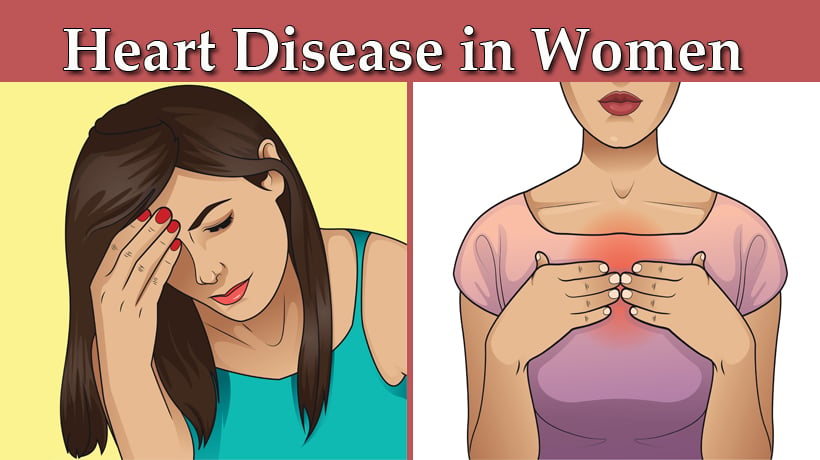A recent report from the Centers for Disease Control and Prevention (CDC) reveals that the risk of heart disease-related death for women between the ages of 45 and 64 is on the rise, despite a general decrease in this threat for all middle-aged adults between 1999 and 2011.
The gender-based variations in the impact of heart disease are often a result of subtle discrepancies in vascular anatomy between, and in treatment offered to, men and women. For example, differences in vascular flow and structure increase the rate of nonobstructive coronary artery disease in women.
In terms of symptom relief, angioplasty (surgical unblocking of blood vessels) and stenting (the insertion of tubes into arteries to keep them open) are effective for both genders, but women whose chest pain is masked by vaso-vegetative symptoms such as anxiety or fatigue are less likely to be given these surgical options. Frequently, if symptoms are caused by coronary microvascular disease, doctors will simply recommend lifestyle changes in diet and exercise to women, but will generally offer more extreme options to men.
Middle-aged women – as opposed to all women – have begun to experience a higher risk of heart disease because this group is most likely to be affected by the increasing cost of healthcare. Unlike older adults who have access to Medicare and younger adults who are more likely to still be on their parents’ plan, middle-aged adults often have difficulty acquiring health insurance.
Symptoms of heart disease
Heart disease is an umbrella term that refers to a range of conditions that impact the heart, including coronary artery disease, arrhythmias, heart attack, stroke, and others.
Symptoms vary depending on condition (and gender), but generally and most often include:
- Shortness of breath
- Tightness in the chest
- Chest pain
- Pain in the neck, jaw, or throat
- Swelling in the legs, ankles, and feet
- Fainting
When to see a doctor
If you experience one or more of the aforementioned symptoms, have high blood pressure, are diabetic, are or were a smoker, or have a family history of heart disease, visit a cardiologist to get a proper assessment and diagnosis of your condition.
Sources:
https://www.nbcnews.com/health/heart-health/heart-disease-deaths-middle-aged-women-rise-n1008396
https://www.ncbi.nlm.nih.gov/pmc/articles/PMC3018605/
https://www.health.harvard.edu/heart-health/gender-matters-heart-disease-risk-in-women
https://www.cdc.gov/heartdisease/behavior.htm
https://www.cdc.gov/heartdisease/women.htm
https://www.mayoclinic.org/diseases-conditions/heart-disease/symptoms-causes/syc-20353118
https://healthcare.utah.edu/cardiovascular/when-to-see-cardiologist.php



